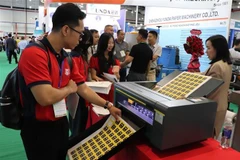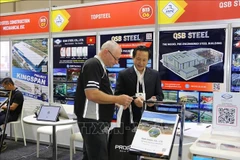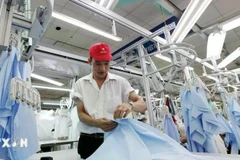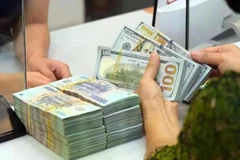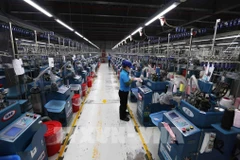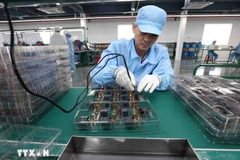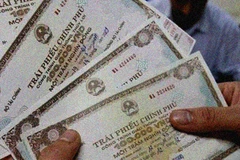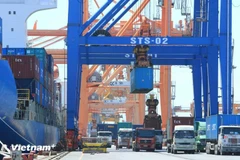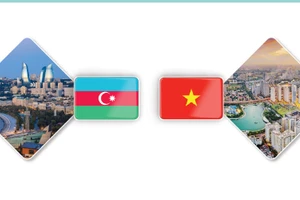Speaking at a recent workshop themed “Responsibilityand Sustainable Operation – a Continuing journey”, director of theVietnam Chamber for Commerce and Industry’s Office for BusinessSustainable Development Nguyen Quang Vinh said small- and medium-sizedenterprises (SMEs) have a lot of ground to make up.
Heclaimed the firms, which make up 97-98 percent of total enterprises inthe country, still lack proper understanding, vision and resource toobserve CSR properly.
"Insufficient awareness over CSRis the biggest challenge that Vietnamese enterprises are facing," Vinhsaid, listing examples of malpractice including business fraud,environmental damage, salary violations and poor labour safety.
Theyusually believed that social responsibility solely means arrangingcharity activities, Vinh said, noting that CSR also includes activitiesto ensure efficient economic growth, legal operation and communityparticipation.
Secretary of the Vietnam Textile and ApparelAssociation Dang Phuong Dung said enterprises pay little regard tosocial responsibility as they do not see the benefits or opportunitiesthat CSR can bring them.
"It's difficult for textileenterprises to observe social responsibilities as exporters, becausethey now have to follow various codes of conduct imposed by differentimporters," she said.
She added that SMEs with limitedstaff and financial capacity will find it particularly tough to meet thevarious evaluation systems of their partners.
Manyenterprises have so far ignored their social responsibilities, becauseuntil now, Vietnam's legal framework has not made it compulsory forevery business to follow them.
Experts noted at theworkshop that big companies took social responsibilities more seriouslyas part of their efforts to meet partners' requirements.
BryanFornari, a representative from the EU Delegation to Vietnam, saidCSR should be included in a company strategy, helping enterprisesmaintain and improve competitive advantages.
He warned thatas consumers increase their expectations, companies which do notfulfill their CSR can lose opportunities to access the market.
Vinhsaid that if Vietnamese enterprises want to become multi-national, theyhave to find a way to effectively fulfill their socialresponsibilities.
"It's key for sustainable development, not just an added burden for enterprises," he said.
Theworkshop was part of a three-year project entitled "Helping VietnameseSMEs adapt and adopt CSR for improved linkages with global supply chainsin sustainable production", which focuses on saving energy, improvingworker skills to match new technology line, as well as avoiding childlabour and counterfeiting products.
With an overall budgetof more than 2.63 million USD, the project was led by the United NationsIndustrial Development Organisation and its governmental counterpartthe Vietnam Chamber of Commerce and Industry in cooperation with eightadditional partners.
Chief technical advisor FlorianBeraneck said the project was launched in 2010 as one of several CSRfacilitation programmes in Vietnam.
Over the past threeyears, thousands of workers and hundreds of businesses have improvedtheir understanding of CSR through more than 100 events which haveincluded forums, workshops and training courses, he said.-VNA


